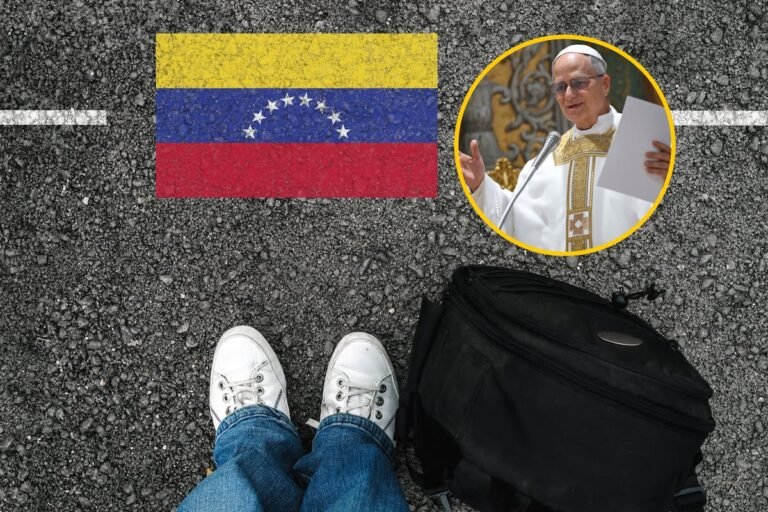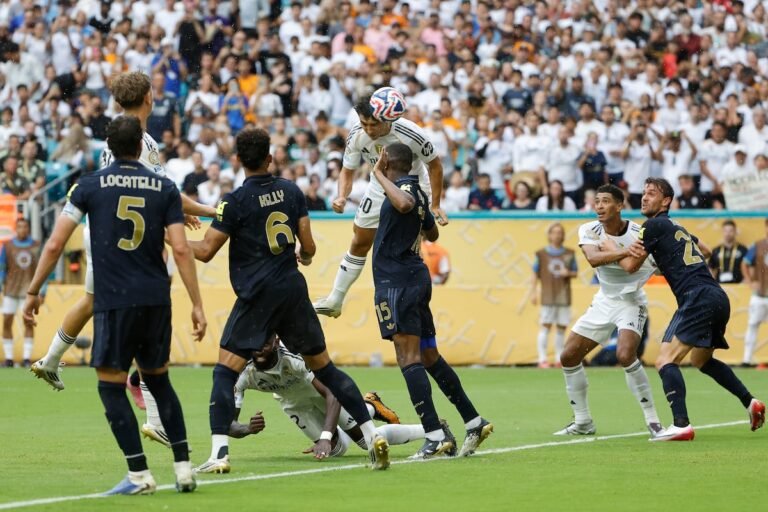There is a peculiar tension in the life of a PhD student—one that oscillates between the desire to produce something 𝘮𝘦𝘢𝘯𝘪𝘯𝘨𝘧𝘶𝘭 and the pressure to produce something merely 𝘮𝘢𝘯𝘢𝘨𝘦𝘢𝘣𝘭𝘦. Recently, I confronted this tension head-on during my pre-dissertation proposal defense. What began as a pragmatic retreat from ambition ended as a rediscovery of intellectual courage. And in that process, I learned something fundamental about what it means to do research—not just to complete it, but to *own* it.
My first dissertation idea was, in the words of our dissertation writing professor, 𝘥𝘢𝘳𝘪𝘯𝘨. It was the kind of idea that made people pause, the kind that carried risk—not just in execution, but in its very premise. And yet, when the time came to formalize it, I hesitated. The specter of time—𝘊𝘢𝘯 𝘐 𝘳𝘦𝘢𝘭𝘭𝘺 𝘧𝘪𝘯𝘪𝘴𝘩 𝘵𝘩𝘪𝘴?—loomed large, and so I did what so many graduate students do: I scaled back. I chose a safer, narrower path. One that I knew I could complete, but one that, deep down, I knew did not excite me.
When I submitted this revised proposal, our dissertation writing professor’s reaction was telling. Her expression was not one of enthusiasm, nor even of critique—it was the quiet, resigned approval of someone who has seen this before. The look of a mentor recognizing a student who has chosen the path of least resistance. And in that moment, I recognized it too—because I had given that same look, years ago, to my own undergraduate students. It was the look that says: 𝘠𝘰𝘶 𝘢𝘳𝘦 𝘥𝘰𝘪𝘯𝘨 𝘫𝘶𝘴𝘵 𝘦𝘯𝘰𝘶𝘨𝘩 𝘵𝘰 𝘱𝘢𝘴𝘴.
It was the same look my PhD supervisor gave me when I asked him to sign last year my dissertation idea form. That realization stung. Not because my supervisor writing was disappointed in me, but because I was disappointed in myself. A PhD is supposed to be a space for intellectual exploration, yet here I was, treating it like just like checking a shopping list..
For six months, I wrestled with this dissatisfaction. Then, by sheer accident—an error in my data point (that yellow line in the graph)—I stumbled upon a refinement of my original idea. It was a small error, but it led to a light-bulb moment that led from one thing to another.\

I took this revived idea to Dr. Michael Barrios Batu, an economist whose empirical rigor I deeply respect. His response was immediate: “𝘕𝘰𝘸 𝘵𝘩𝘪𝘴 𝘪𝘴 𝘢 𝘥𝘪𝘴𝘴𝘦𝘳𝘵𝘢𝘵𝘪𝘰𝘯. 𝘠𝘰𝘶𝘳 𝘦𝘢𝘳𝘭𝘪𝘦r dissertation proposal 𝘴𝘰𝘶𝘯𝘥𝘦𝘥 𝘭𝘪𝘬𝘦 𝘢 𝘮𝘢𝘴𝘵𝘦𝘳’𝘴 𝘵𝘩𝘦𝘴𝘪𝘴.” The distinction was clear—one was a competent application of existing methods; the other was a 𝘤𝘰𝘯𝘵𝘳𝘪𝘣𝘶𝘵𝘪𝘰𝘯.
Armed with this validation, I returned to my supervisor. This time, I was not asking for permission to play it safe—I was presenting a case for why the risk was worth taking. And as I spoke, something shifted. He was no longer just listening; he was engaged, smiling at every step of my presentation from the research question, to theoretical framework, methodology, and empirical demonstration.
Then he said something that reframed everything: “𝘈𝘴 𝘢 𝘗𝘩𝘋 𝘴𝘵𝘶𝘥𝘦𝘯𝘵, 𝘺𝘰𝘶 𝘩𝘢𝘷𝘦 𝘤𝘳𝘦𝘢𝘵𝘪𝘷𝘦 𝘭𝘪𝘤𝘦𝘯𝘴𝘦. 𝘛𝘩𝘪𝘴 𝘪𝘴 𝘺𝘰𝘶𝘳 𝘤𝘳𝘦𝘢𝘵𝘪𝘷𝘦 𝘭𝘪𝘤𝘦𝘯𝘴𝘦.”
At its core, creative license in a PhD is not about disregarding rigor—it is about recognizing that rigor alone is not enough. True scholarship requires:
1. The Courage to Ask Unasked Questions
My research question is just four words long. But those four words open a door that few in my field have walked through. That is the essence of creative license—not just answering questions, but choosing which ones are worth asking.
2. The Freedom to Redefine Methods
Too often, we treat methodology as a fixed script. But what if the right approach doesn’t yet exist? Creative license means being willing to build it.
3. The Willingness to Be Wrong
The safest ideas are often the least interesting. The best ones carry the risk of failure—but also the potential to reshape understanding.
This journey—from retreat to return—taught me that a dissertation is not just a document; it is a 𝘤𝘭𝘢𝘪𝘮. A claim to originality, to intellectual autonomy, and, yes, to creative license.
4. Cross-Disciplinary Audacity
Disciplines have their own languages, norms, and gatekeepers. To borrow from another field is to risk being labeled an outsider (“Is this even economics?” or “Where’s the political theory here?”).
My original “safe” proposal stayed firmly within established paradigms. The revised one? It smuggles in concepts from different disciplines: physics, engineering, biology, philosophy, religion, and computational modelling—a move that could unsettle purists but opens richer questions.
Cross-disciplinary work isn’t just about importing ideas; it’s about recontextualizing them. This path isn’t just intellectually hard—it’s emotionally fraught. It means: defending your work to multiple audiences, each with different criteria for rigor; lacking ready-made mentors.
Yet history shows that the most transformative breakthroughs—from behavioral economics (psychology’s rebellion against rational-choice dogma) to digital humanities (algorithmic readings of medieval manuscripts)—are born precisely from this tension. These hybrid endeavors are never safe bets. They are audacious move to cross disciplines. They risk being dismissed as “not real economics” or “just computational literary studies.” My own work may well face the same critique—condemned as neither fully Political Science nor properly physics etcetera. But that very indeterminacy is the point. Meaningful contributions rarely emerge from the well-lit center of a discipline; they materialize in the penumbra where fields overlap, where methods collide, and where, for a thrilling, precarious moment, no one can quite tell if you’re a trespasser or a pioneer, a madman or a genius.
Copyright Disclaimer: – Under section 107 of the copyright Act 1976, allowance is made for FAIR USE for purposes such as criticism, comment, news reporting, teaching, scholarship and research. Fair use is a use permitted by copyright statues that might otherwise be infringing. Non- Profit, educational or personal use tips the balance in favor of FAIR USE.
Copyright @ Ecuador Prensa 2025. Any illegal reproduction of this content will result in immediate legal action.
Copyright Ecuador Prensa ORG© All rights reserved.





